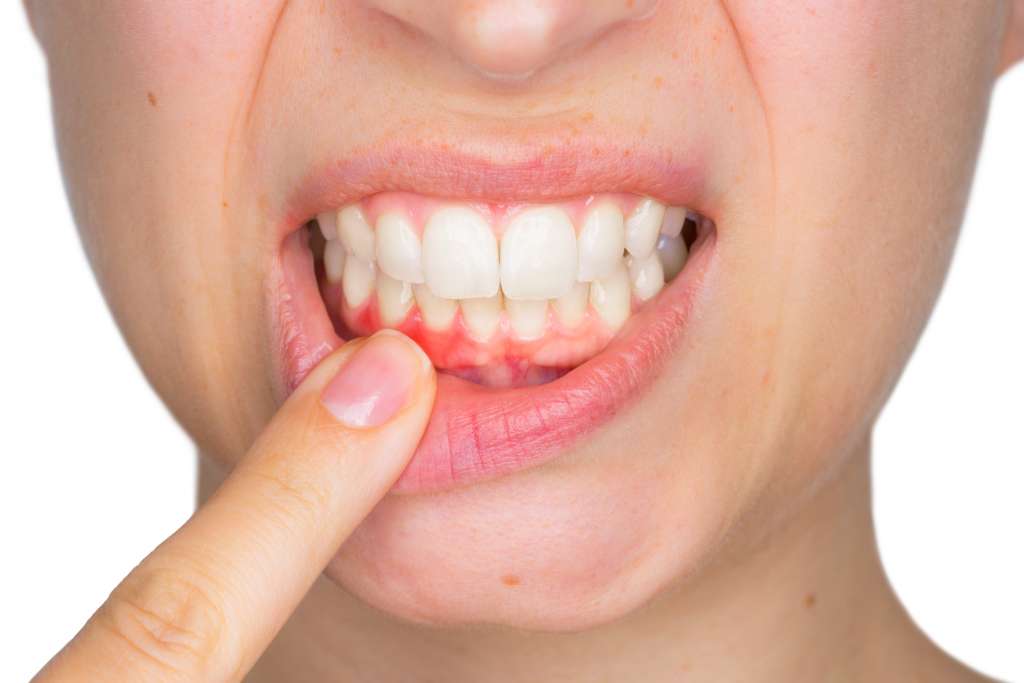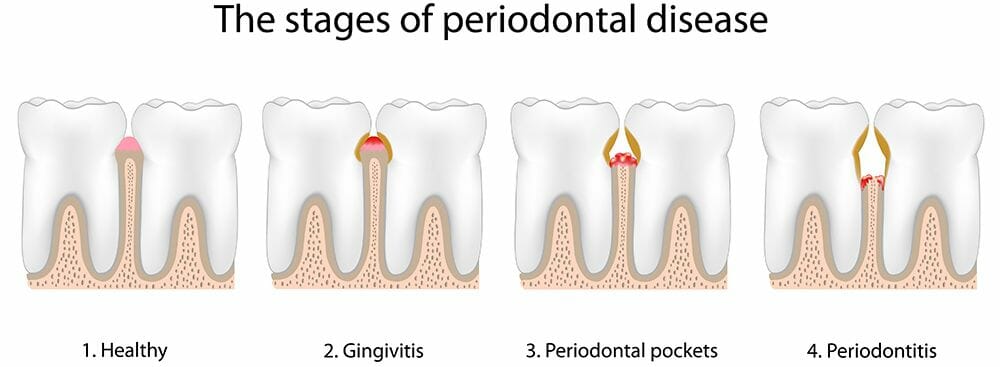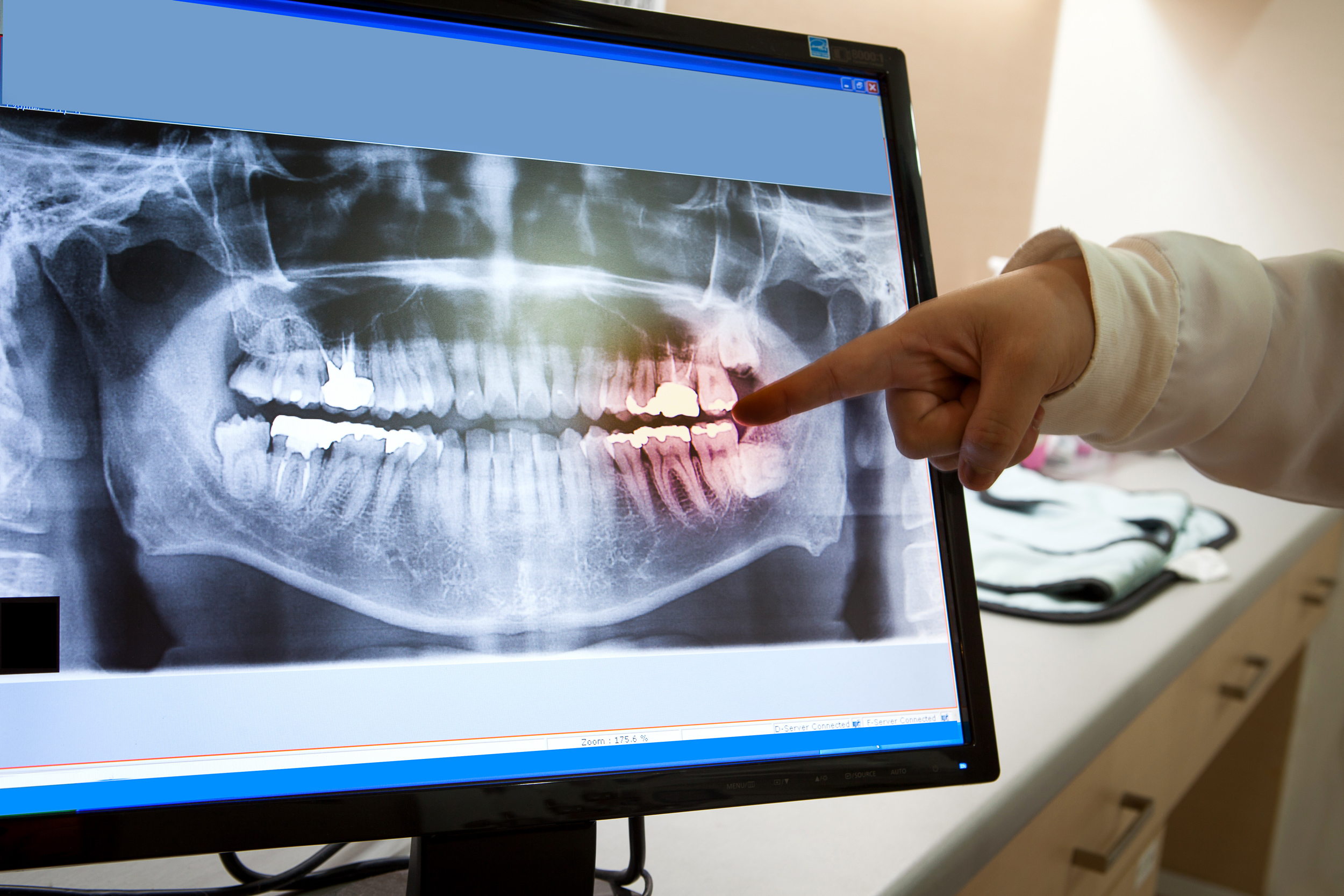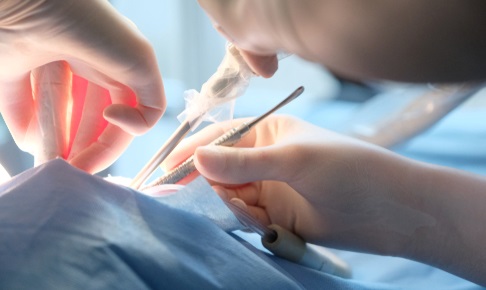Periodontal Disease (Gum Disease) at a Glance
Periodontal Disease is a condition which affects the gums and it can progress to permanently destroy the bone that supports teeth. Teeth can then become loose and eventually they may have to be extracted.
Some dentists fail to diagnose Periodontal Disease or only diagnose it at a very late stage, by which time serious damage may have already taken place.
Contact our expert team today for confidential, no-obligation advice about making a claim.

Periodontal Disease is a condition which affects the gums and it can progress to permanently destroy the bone that supports teeth. Teeth can then become loose and eventually they may have to be extracted. If you would like to know more, we have prepared a guide on what periodontal disease is and its causes.
Delayed Diagnosis of Periodontal Disease
To minimise the damage caused, it is essential that Periodontal Disease is diagnosed as early as possible. Therefore, it is important that your dentist is always looking out for the signs of this condition. However, some dentists fail to diagnose Periodontal Disease or only diagnose it at a very late stage, by which time serious damage may have already taken place.

Inadequate Treatment of Periodontal Disease
Once Periodontal Disease has been diagnosed it is important that a patient receives appropriate treatment. The treatment should also be carefully monitored so that it can be changed if it is not controlling the disease. In some cases, referral for specialist treatment may be required.
Unfortunately, some dentists provide inadequate treatment or do not recognise when a referral to a specialist is needed. In these cases the Periodontal Disease remains active, threatening the future of a patient’s teeth.
No Win-No Fee Dental Negligence Solicitors
The team at Pryers have considerable experience in pursuing and settling Periodontal Disease claims. To read some of our recent success stories involving Periodontal Disease click here.
Contact our expert team today on for a confidential, no-obligation, discussion about your claim. Alternatively, or fill in the form below and we will contact you.


